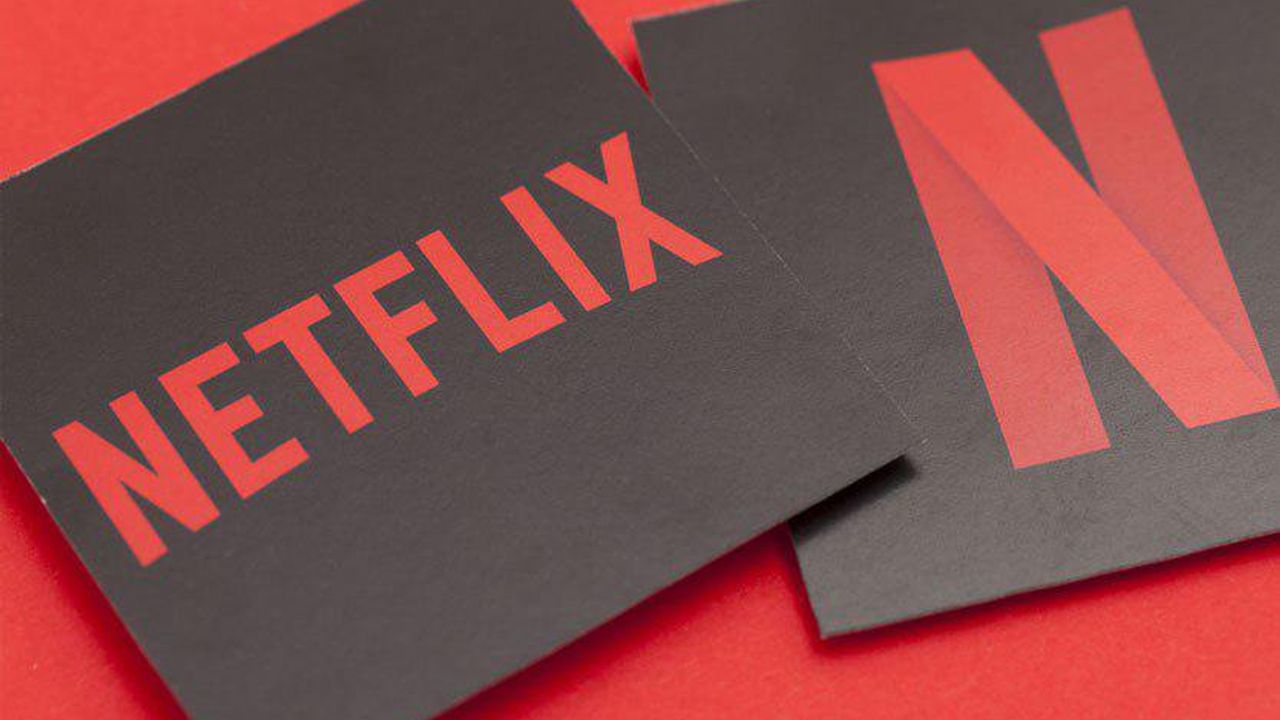We have long been waiting; finally it happened. A new regulation that allows Radiot & TV Higher Institution RTÜK to have authority over platforms that broadcast online, has been published on the Official Gazette and is now in effect. The regulation -despite being presented as a licensing mechanism- in reality means “you can no longer broadcast as you wish online”. RTÜK that constantly has oversight on broadcasts on radio and TV basing arguments on “national & moral values, protection of children and families” will now be able to target online broadcasts with the same reasons as well.
CAN RISE OF DIGITAL MEDIA BE STOPPED?
Conventional media -as in rest of the world- is on the decline in Turkey as well. Digital media on the other hand is experiencing exponential growth. Platforms such as Youtube and Netflix are the leaders of this growth. Netflix has grown from 4 million subscribers to 150 million in only 14 years, covering 190 countries across the globe. RTÜK’s regulations will have impact on all online broadcasting platforms such as Netflix, BluTV, PuhuTV but the real target seems to be Netflix. The only outstanding difference of the platform is not just being of non-Turkish origin but also the content it offers. Local initiatives BluTV and PuhuTV are presenting content with little variation from the local TV networks; but they are not as “liberal” as Netflix. PuhuTV usually presents the content available on conventional TV stations in Turkey; BluTV on the other hand -despite not having as much self-censorship as mainstream TV channels- still applies self-censorship to some extent, especially in attempts to carry Doğan Media’s KanalD content online.
TIMING IS INTERESTING
Popular Turkish police series Behzat Ç. has started airing its new season on BluTV years after the original series was ended on conventional TV, telling the story of an honorable police detective who solves crimes. The police series has been especially popular among critical crowds who mostly supported opposition parties over the years. Recently there have been discussions concerning Netflix’s many movies and series having a theme of LGBTI+ content. The regulation comes into effect under such an atmosphere; already giving an idea that the application of this regulation will be in terms of censorship of sexual content. Already RTÜK’s biggest intervention to conventional platforms comes through sexual content being aired on TV. However when referring to sexual content, it must be reiterated that the intervention comes due to length of kissing scenes or extramarital affairs being depicted in the scenarios, if the wife behaves impolitely towards her husband in the film or if there are jokes that make fun of the family institution… For example a married woman dancing with another man in a TV contest has been reason for RTÜK to intervene and announce a fine based on “national and moral values of the country” which now will also be “protected” online. The government claims there are similar institutions to RTÜK in Europe as well, and that these institutions are necessary “to protect our children and youth” and regulations must be implemented. There is a need for regulation but will it guard the children or the life-style approach of the governing party; now that is the question. They are defending this type of regulation claiming that the youth will watch Netflix series and grow an interest in being gay or lesbian; but the youth do not decide on a character that murders his own daughter for having a boyfriend and become one, or look up to a mafia leader depicted in a film and based on this go murder someone on the street. The youth would not assault on a woman for wearing mini skirts after watching series. For that reason, these scenes are not under regulation of RTÜK; but only the sexuality of characters on films.
WHAT COMES AFTER RTÜK REGULATIONS?
Just because RTÜK is now authorized to also regulate online broadcasts, we will not see traditional communal series as on TV. For a while penalties and fines should be expected; but until then especially the local content curators and platforms will start applying self-censorship. Mosaics over screens and ‘beeping’ some words will also be available online now. We are a nation of banning; there is great interest in it. In the 1990s private radio stations had been closed down due to unlicensed broadcast reasons and there had been mass action of wearing black-ribbons across the country, in protest of the closures. Result is that all the radio stations came back on air; despite with a delay. In recent years there have been attempts to limit free expression through saying such as “twitter-mwitter” but the result is the same again. They attempted to limit the youth but grandmothers and grandfathers got online in this attempt. The passing of time is obvious; no government can stop time, perhaps they can slow down the process. In today’s world the technological developments make restrictive governments appear ‘funny’ at best in their attempts to implement such measures. Digital media however, will continue its rise. The viewers of these platforms now must raise their voices more. They have to stand up against censorship and those who attempt to implement these, make them regret ever coming up with restrictive measures. They are lucky, because the wind is blowing from the side of liberties…

